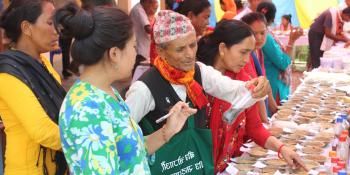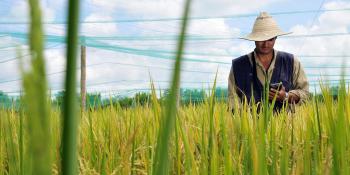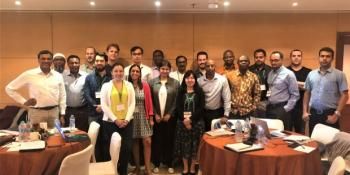Launching the South Asia climate smart agriculture platform together with the President of Nepal
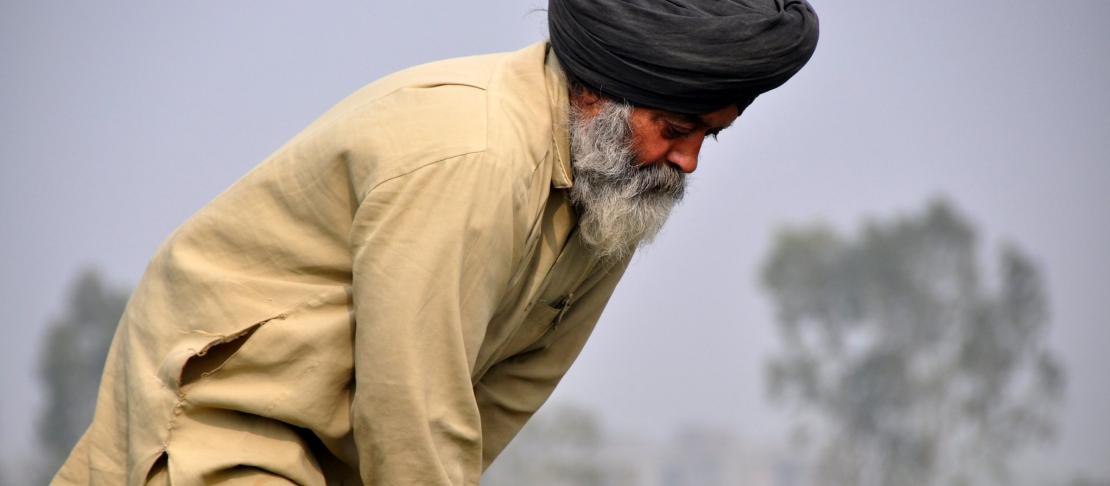
by Gopal Bhatta
CGIAR Program on Climate Change, Agriculture and Food Security (CCAFS) launched Climate Smart Agriculture Learning Platform (CSALP) for South Asia this April. The platform aims to encourage communication between policymakers, political leaders, researchers, farmers and civil society. It provides a collective platform for policy advocacy and facilitates development of Climate Smart Agriculture Knowledge Bank.
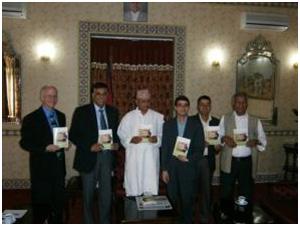
His Excellency President of Nepal, Dr. Ram Baran Yadav launched the platform in Kathmandu and released the first issue of CSALP South Asia’s Quarterly newsletter. The program was attended by Jim Hansen, Theme 2 Leader, Pramod Aggarwal, Regional Program Leader-South Asia, Gopal Bhatta, CCAFS’ South Asia Science Officer, former Minister of Science, Technology and Environment of Nepal, Mr. Ganesh Shah, Secretary of Nepal Federation of Journalists, Mr. Jagat Nepal, and Executive Director of The Communicator, a Nepalese organization, Mr. Chandra Adhikari.
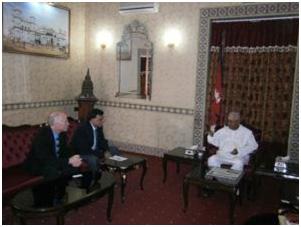
The president read the first quarterly newsletter and expressed his best wishes for all success of this platform. He said "the platform is timely and I expect a substantial contribution of this platform in generating awareness among the farmers, policy makers, political leaderships, researchers and other concerned stakeholders on the issues of climate change, agriculture and food security”. The President further added that the Nepal’s population was just seven million four decades ago but has now reached 29 million. The highly fertile land in the Nepal’s terai has gradually become less productive principally because of deforestation in the mid hills of Nepal and its effect on environment and food security both in the upstream and downstream. He informed that the Government of Nepal has recently approved a Churia Conservation Project, an initiative of His Excellency, and this project is expected to bring some positive changes on the people’s mind-set to conserve the available resources. “This project alone is not sufficient and concerted efforts are required from all sectors including international research communities to conserve the available resources”, said His Excellency.
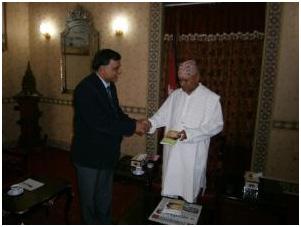
Pramod Aggarwal briefed the President on CCAFS activities in South Asia and Nepal. He also highlighted the climate smart agriculture activities being undertaken by CCAFS in Rupandehi in partnership with Nepal Agricultural Research Council. Jim Hansen mentioned about crop yield forecasting project that CCAFS will be implementing in near future in Nepal. Gopal Bhatta explained the objectives of this platform and briefed about Science-Policy Interface on Climate Change, Agriculture and Food Security in Nepal as a part of this learning platform.
More information
Read the first e-newsletter from the Climate-Smart Agriculture Learning Platform for South Asia
Read more about CCAFS work in South Asia
Press Release: Researchers, farmers and policy makers to collaborate on “massive” climate adaptation challenge for South Asia
